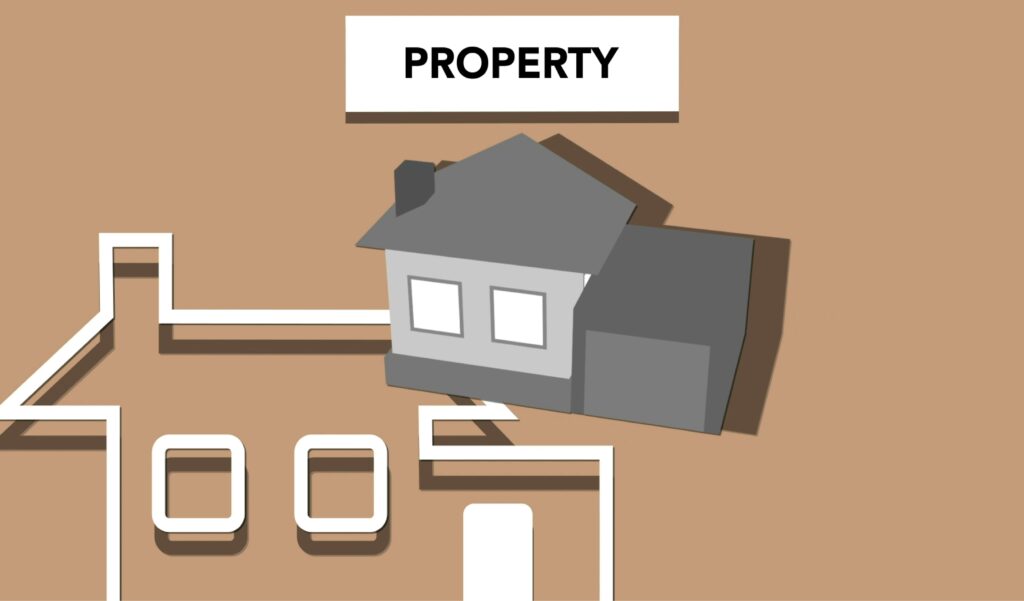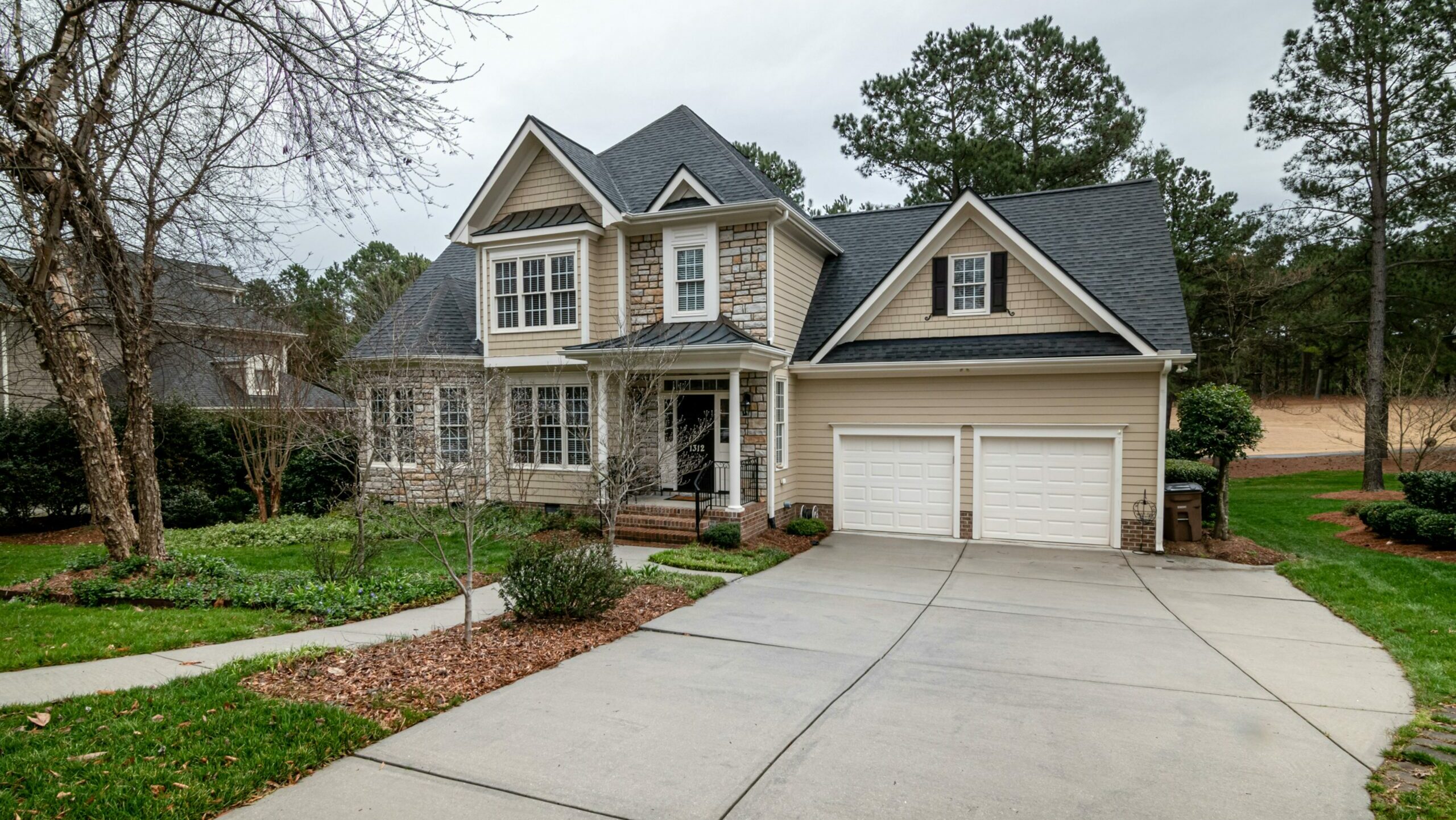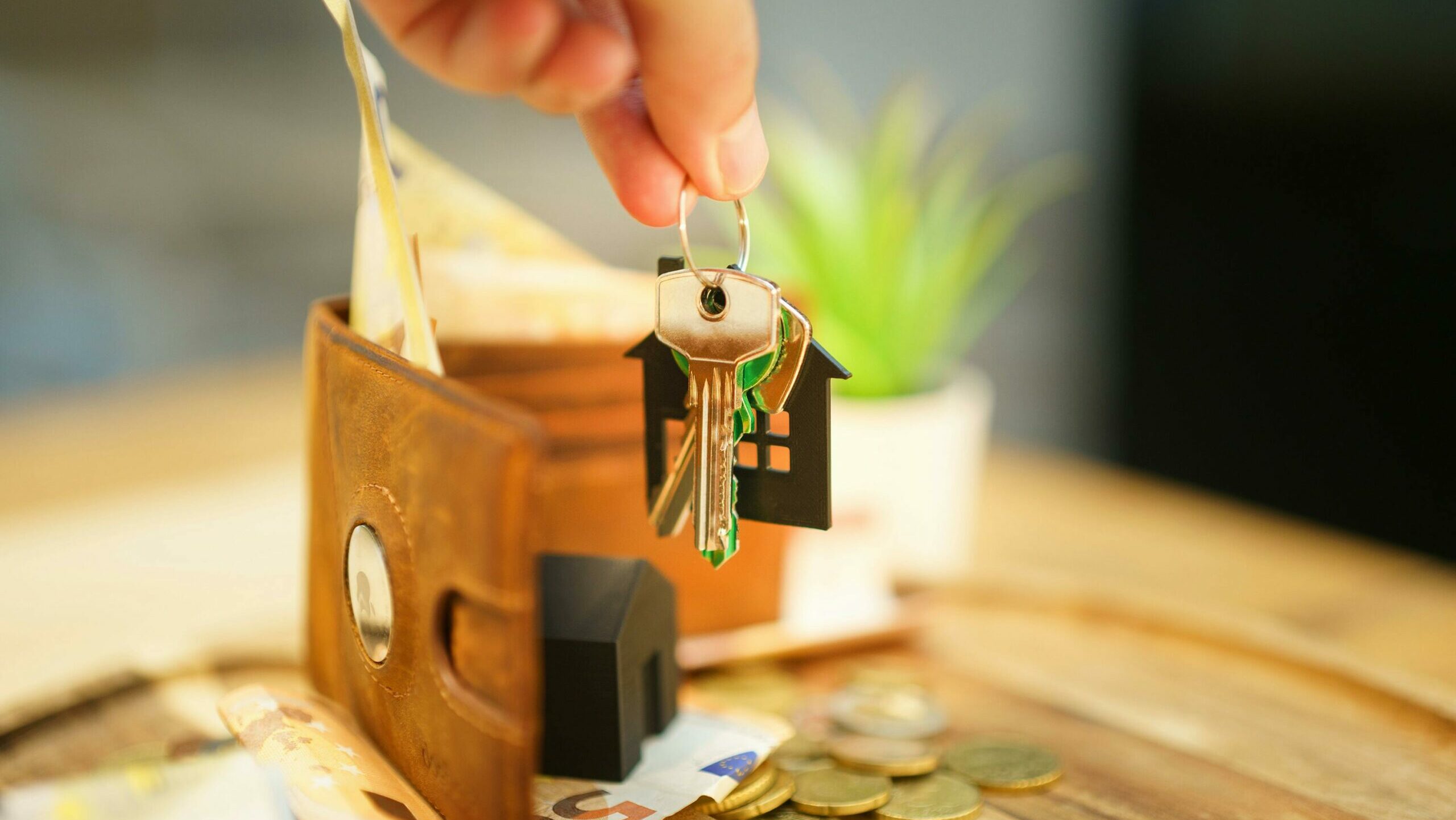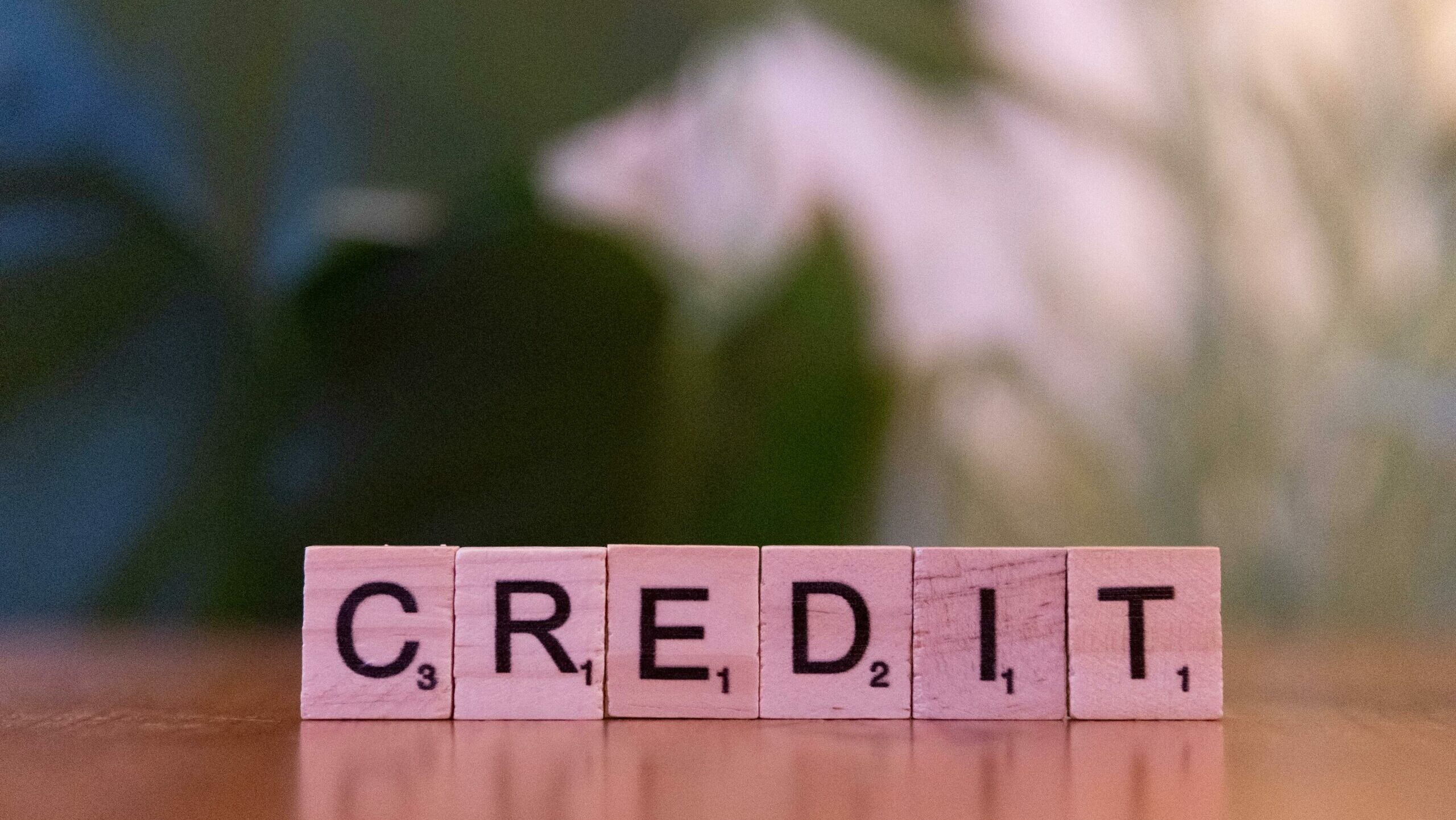How to Evaluate Property Value and Prevent Overpayment
To be fair, purchasing property is thrilling until you start to wonder whether you are overpaying. Finding out you just lost an additional $50,000 because you didn’t do your study kills the excitement of acquiring your ideal house faster than anything else. Knowing how to evaluate property worth correctly will help you to avoid buyer’s regret (and perhaps even some financial anxiety) whether you are a first-time purchase or a seasoned investor.

The Importance of Property Valuation Over What You Believe
Imagine purchasing a car without looking at its mileage, accident history, or even the current pricing for that model. That sounds dangerous, doesn’t it? Real estate follows the same reasoning. Overpaying not only damages your present finances; it may also follow you later when you sell. Conversely, a well-researched buy implies more intelligent discussions, greater financing possibilities, and peace of mind knowing the market didn’t play you.
Five Methods to Determine a Property’s Actual Value
1. Become Friendly with Comparable Sales (Comps)
Real estate brokers enjoy using the word “comps” and for good cause. These are recently sold properties in the same region that are comparable in size, condition, and features. Websites such as Zillow and Realtor.com can provide you a ballpark, but for the most precise figures, request a local agent for a Comparative Market Analysis (CMA). Should the house you’re looking at be priced significantly more than its neighbours without a good cause—such as a brand-new roof or a gourmet kitchen—that should prompt you to investigate further.
2. Examine the pulse of the neighbourhood
A house is not isolated. A declining neighbourhood may make even the most beautiful house a poor bargain. Examine future growth plans, school ratings, and neighbourhood crime statistics. Are new companies coming in? Is a freeway intended directly behind the backyard? Drive about at various times of day; what seems calm at noon could be loud at night. A nice house in a bad area could spell difficulty when it comes time to sell.
3. Really, Just Don’t Skip the Inspection
Though it may have “character,” that lovely old house could also have concealed foundation problems, old wiring, or a basement that floods every spring. Though it could save you thousands in unexpected repairs, a professional home inspection only costs a few hundred dollars. Should the seller deny permission, think of it as a huge red flag in front of you.
4. Calculate the figures like a professional.
Apart from the listed price, work out the actual ownership expense. Property taxes, HOA fees, maintenance, and renovation requirements may pile up quickly. A 300,000 house with low taxes can be a better deal than a 280,000 one with sky-high fees.
A 280,000 one with sky-high fees may not be as good as a 300,000 house with cheap taxes. Look also at how long the property has been on the market. The seller may be more ready to deal if it has been sitting for months.
5. Politely, of course, play hardball.
Knowing the fair market value gives you confidence to haggle. Should the appraisal fall below the asking price, use that as leverage. Mention required repairs, obsolete features, or perhaps the season—if it’s winter and the market is slow, sellers might be more flexible. Being strong does not equal being harsh, so keep that in mind. A little charm may help you obtain a better bargain.
The Golden Rule: Walk Away If It Feels Off
Trust your gut no matter how much you adore a property if the figures don’t add up or anything seems off. There will always be another house, but recovering from a poor financial choice takes far longer.
Last Thought: Savings and Knowledge are Power
Purchasing real estate need not seem like betting. A house that is not only a place to live but also a wise investment can be found with the correct study, a keen eye for details, and a readiness to walk away from poor bargains. Now go forth, negotiate like a pro, and may your new home be all you hoped for—without the overspending remorse.







